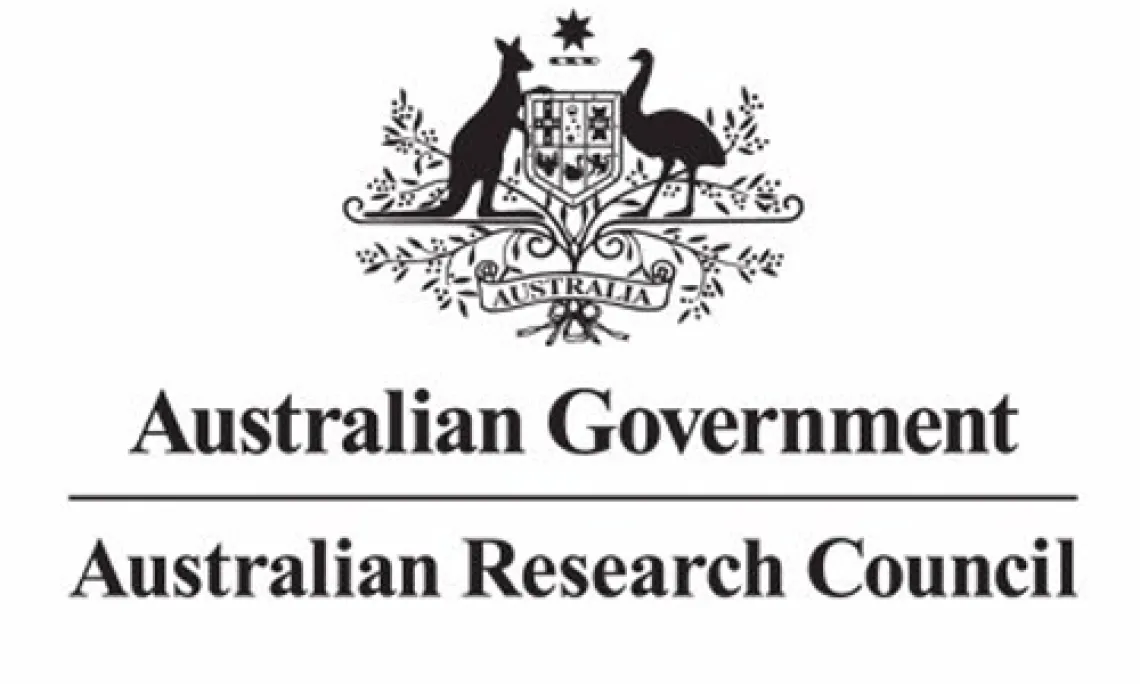Jorgensen and Vivian Win Funding to Continue their Research in Australia

Miriam Jorgensen, NNI Research Director and Alison Vivian, Senior Researcher, Jumbunna Institute for Indigenous Education and Research at University of Technology Sydney, have won an Australian Research Council (ARC) to continue their nation-building work in Australia. Jorgensen and Vivian began their work in 2009 by asking whether the nation-building principles uncovered in the North American context by the Harvard Project on American Indian Economic Development (HPAIED) and NNI apply to Aboriginal nations in Australia. Their initial research, also funded by ARC, engaged two Aboriginal nations—the Gunditjmara People in what is now the state of Victoria and the Ngarrindjeri Nation in what is now the state of South Australia—in querying whether their self-governance experiences mirrored the experiences of Native nations in the United States. The answer was a resounding yes.

Jorgensen and Vivian's current research is with two Aboriginal nations—the Gugu Badhun Nation in what is now Queensland and the Nyungar Nation in what is now Western Australia—who want to build contemporary Indigenous government institutions to serve their peoples. It asks: What are the prerequisite conditions necessary for Indigenous nations to begin the work of developing new institutions and mechanisms of self-government, and what are the factors that may stimulate this transition? The research will start in mid-2019.
Vivian shared that "the funding and research are very timely because some governments in Australia have started the treaty negotiation process and others that want to begin treaty talks." Discussions about treaty-making in Victoria (and potentially in South Australia, New South Wales, and the Northern Territory) mean that this research will have profound implications for Australian Indigenous nations that are beginning the work of nation building. Agreements such as the UN Declaration on the Rights of Indigenous Peoples (UNDRIP) and the International Labor Standards Convention 169, which elevate the importance of Indigenous communities' collective rights, mean that the research findings also could have implications for Indigenous nations around the world.
Image: Jorgensen and Vivian co-teaching a course during the Indigenous Governance Program's January in Tucson

